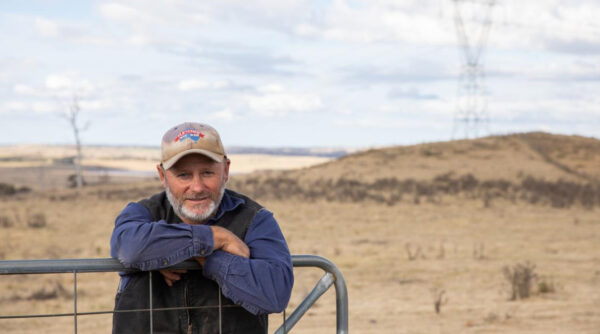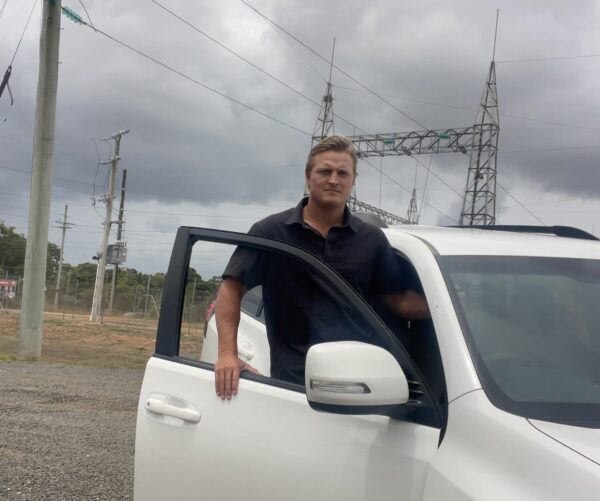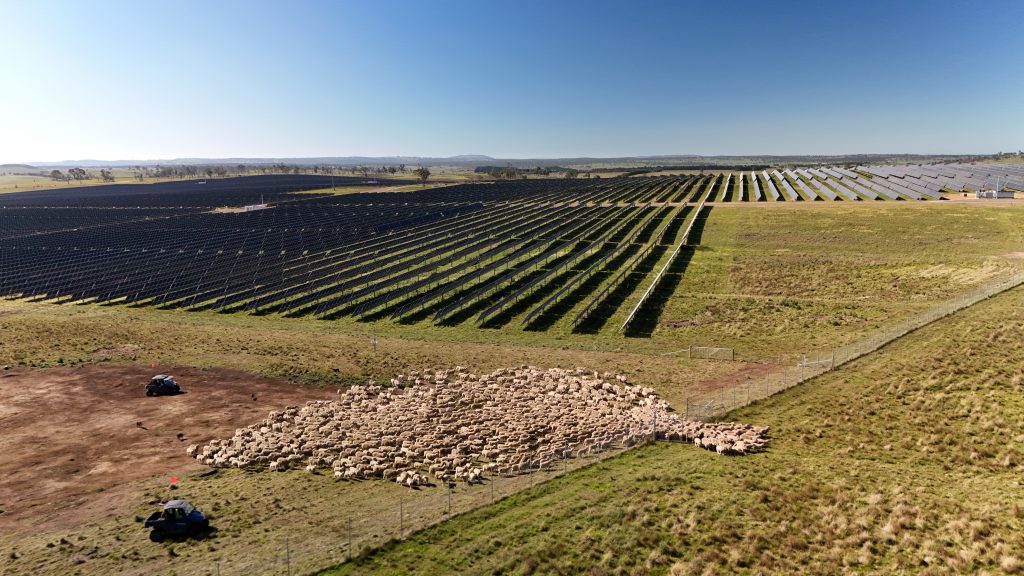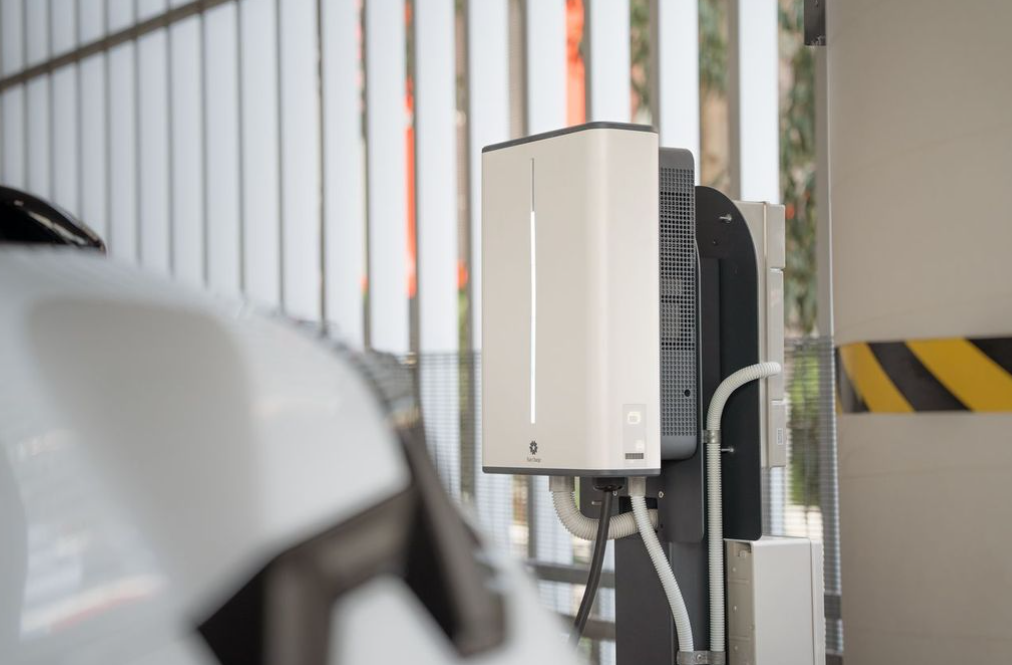For farmers and graziers battling increasingly volatile growing and grazing conditions due to climate change, property broker Daniel Moroko said hosting renewable energy infrastructure provides an alternative and lucrative income stream.
Moroko, the founder of Sydney-based renewable energy land acquisition agency Rok Solid, said some farmers are earning upwards of $100,000 (USD 66,000) a year in passive income with the Australian government’s target of 82% renewables in the grid by the end of the decade creating huge demand for land on which to develop the required clean energy projects.
The federal government has projected an additional 32 GW of new large-scale solar and wind generation and energy storage capacity – equivalent to about half the current National Electricity Market (NEM) capacity – will be added to the grid by 2030 to meet its renewables objective.
“There’s huge demand for land for these projects,” Moroko said. “Many farmers have big parcels of land that can be used for these sites and make in the vicinity of a million dollars a year leasing out 800 to 1,000 hectares, while others can lease a small portion of that, even just 20 hectares and still earn six figures.”
Moroko said Rok Solid has facilitated agreements for 4 GW of battery energy storage systems and 800 MW of solar farms, totaling $61 million over 30 individual agreements across NSW, Queensland, Victoria and South Australia.

Image: Rok Solid
New South Wales (NSW) grazier Richard Munsie is among those landowners who have welcomed the opportunity to team with a renewables developer, with about one third of his 2,000-hectare property near Uralla in the state’s New England region leased for what will be the largest solar farm in Australia.
The fifth-generation farmer collaborated with 11 neighbouring landholders to lease land for the New England Solar Farm and battery energy storage project being developed by ACEN Australia.
The 400 MW first stage of the planned 720 MW solar farm has already commenced operations while work has begun on the next stage of the PV facility and the neighbouring big battery that will deliver up to 200 MW / 400 MWh of energy storage capacity.
The lease agreement allows for the continued grazing of sheep under the solar panels but Munsie said the income he has made in the nine months since the first stage of the solar farm started operations is four times greater than he would have made using that same land to just graze sheep. And just as importantly, the lease payments are guaranteed for at least 30 years.

Rok Solid founder Daniel Moroko.Moroko, who liaises with landholders and big business to secure land for renewable energy projects, said people like Munsie, who are willing to explore the options, are critical if Australia is to meet its renewable energy targets.
“A lot of farmers are sceptical and feel unsure about the process of selling or leasing part of the land to a company for a renewable project, but once they get a chance to see the various projects and have their questions answered, they actually realise this opens them up to a whole new income stream,” he said.
While the demand for land to host renewables continues to grow, Grain Producers Australia (GPA) Southern Grower Director Andrew Weidemann said social licence remains an integral part of the process, saying project development needs to be done in a way that “respects people’s rights.”
“Project proponents – be it wind farms, solar panels or transmission lines – must ensure they’re doing the right thing and not trouncing farmers’ property rights in a mad rush to meet deadlines,” he said.
“These companies need to ensure they’re engaging fairly, honestly and transparently with the communities who’ll live with the outcomes, long after their executives have returned to the city.”
Weidemann said the engagement needs to be genuine, not consultation that’s just “tick a box appeasement.”
This content is protected by copyright and may not be reused. If you want to cooperate with us and would like to reuse some of our content, please contact: editors@pv-magazine.com.









By submitting this form you agree to pv magazine using your data for the purposes of publishing your comment.
Your personal data will only be disclosed or otherwise transmitted to third parties for the purposes of spam filtering or if this is necessary for technical maintenance of the website. Any other transfer to third parties will not take place unless this is justified on the basis of applicable data protection regulations or if pv magazine is legally obliged to do so.
You may revoke this consent at any time with effect for the future, in which case your personal data will be deleted immediately. Otherwise, your data will be deleted if pv magazine has processed your request or the purpose of data storage is fulfilled.
Further information on data privacy can be found in our Data Protection Policy.